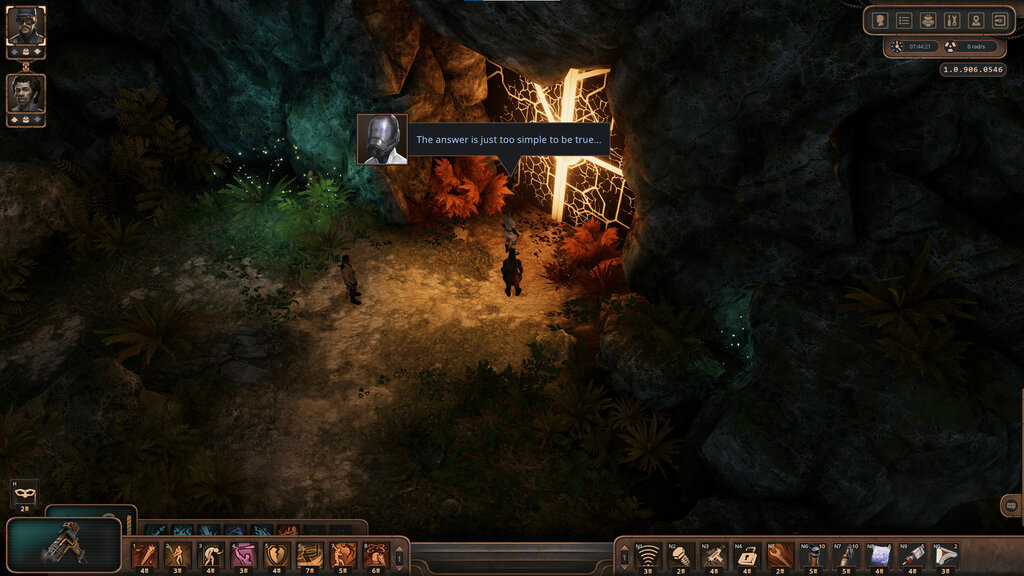MPs have warned of a "disgraceful" rollback of Northern Ireland veterans legislation which could lead to six-figure payouts to terrorists. The debate centres on withdrawing legal protections established by the Northern Ireland Troubles (Legacy and Reconciliation) Act, which shield veterans from prosecution for historic actions between 1969 and 2007.
A Westminster Hall debate on Monday followed a public petition against repealing the legislation which attracted more than 170,000 signatures. MPs critical of the move suggested it would open a "witch-hunt" against veterans who served to protect citizens across communities in Northern Ireland.
"Two-tier" justice concerns raised
Conservative MP John Lamont, who opened the parliamentary session, said the rollback could lead to "two-tier" payouts for figures such as former Republican politician Gerry Adams. He warned the change "could result in a six-figure payout for Mr Adams, simply because his interim custody order was not considered by the secretary of state, but rather a junior minister".
Lamont described the prospect as "simply outrageous" and questioned whether the Government was "really contemplating creating a system to drag northern Irish veterans through the courts, whilst potentially paying millions to terrorists". He emphasised the fundamental difference between soldiers and terrorists, stating: "When terrorists get up in the morning, they go out with murderous intent to use violence to attack our democracy. Soldiers do not."
Future conflicts could be affected
Conservative MP Sir David Davis argued the change would mean British soldiers would be abandoned by the country they served. He warned: "The legal witch-hunt won't end in Northern Ireland. It'll cast a shadow over every future conflict that our armed forces engage in, and undermine their abilities to defend us."
Davis added that those who "freely talk about human rights would do well to remember that our rights, our law, our democracy and our nation were protected by the very veterans that are at risk today". He called for a promise that "no British soldier will ever again be abandoned by the nation they have so bravely protected".
Government supporters defend proposals
Labour MP Louise Jones voiced support for the Government's proposals, arguing the current act is not fit for purpose. She said: "This Legacy Act has been found to be unlawful. It gives immunity to terrorists, and it denies justice to the families of the 200 service personnel that were murdered by terrorists during the Troubles."
Jones emphasised that the legislation "is not supported in its current form by victims, it's not supported by a Northern Irish party, and many veterans are troubled by it". She called on the minister to outline how veterans could be protected from "malicious lawfare of any conflict".
Statistics show limited prosecutions
Northern Ireland Secretary Hilary Benn pointed to statistics from the Centre for Military Justice showing only one British soldier has been convicted since the Good Friday Agreement in 1998. He suggested this remained the case over 27 years, despite immunity for British military personnel not being enshrined in law for the majority of this time.
Benn argued the changes would allow incomplete investigations into the deaths of soldiers to reopen. He highlighted that the Police Service of Northern Ireland had confirmed 202 live investigations into Troubles-related killings of armed forces members, plus a further 23 into veteran killings, all forced to close by the Legacy Act.
(PA) Note: This article has been edited with the help of Artificial Intelligence.






